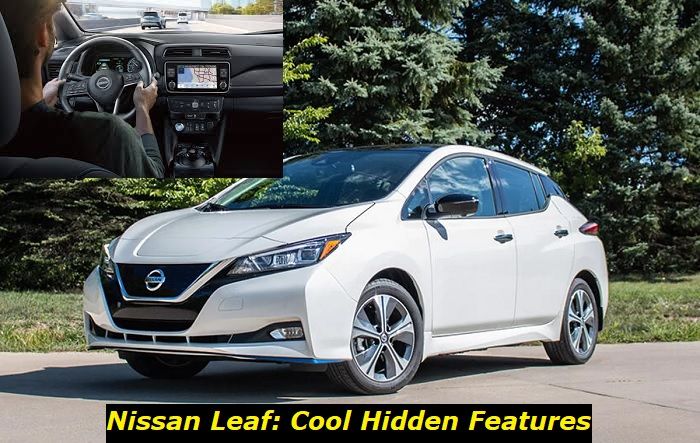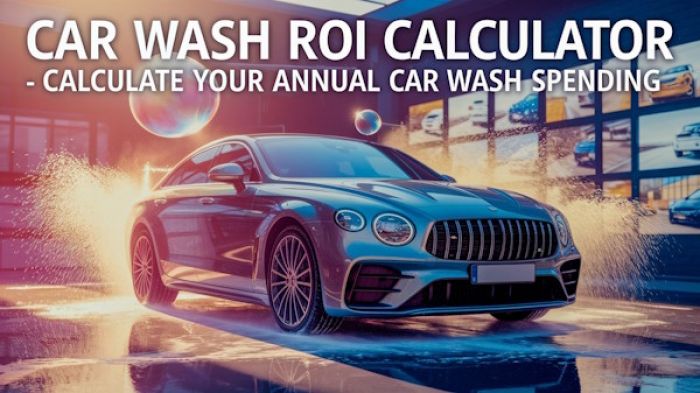Among common problems with Honda vehicles there is a message saying that the ABS is noe functioning. And this is what I will cover in this article.
Anti-lock brake system problem message highlights
- Common reasons:ABS sensor failure, ABS control module problem, weak battery
- How to fix:check the battery, read the codes for ABS sensor or module problems
- Possible consequences:ABS may not be working properly
- Priority level:High
- Can you drive?Carefully
- DIY repair:Possible but complicated
- Repair price range:$100-$650
.jpg)
Components of the Honda Anti-Lock Brake System
The Anti-Lock Brake System in Honda vehicles ensures that your wheels work the way they should. This system maintains the wheels close to their period of maximum traction when you're hard braking. This functionality allows you to brake and steer at the same time without locking the brakes and making the tires skid. Not having an anti-lock brake system present in your Honda, or any vehicle for that matter, can be dangerous.
The ABS comes with four primary components, which are the sensors, valves, a controller, and a pump. All these four components must work right and coordinate together appropriately. If only one of these malfunctions, the entire Anti-Lock Brake System of your Honda can be in serious trouble.
- Speed sensors
To know how your wheels accelerate or decelerates, speed sensors or sometimes referred to as encoders, are the essential pieces. To produce a signal, these sensors employ a magnet and a Hall impact sensor or a geared wheel and an electromagnetic loop. A magnetic field is created around the sensor by the spinning of the wheel or also called the differential.
The magnetic field created by the magnetic field's fluctuations generates voltage inside the sensor. Sometimes, a sensor can be inaccurate because the voltage is created by the wheel's rotation and becomes apparent at slow speeds. The inaccurate fluctuations caused by the slower wheel rotations often result in the same inaccurate readings of the controller, another key component of the ABS.
- Controller
The electronic control unit of a Honda Anti-Lock Brake System is responsible for detecting the lockup of any of the four wheels when you're braking. What the ECU does when a wheel lockup happens is it reduces the pressure in the brake line until the wheels begin rolling back to their normal ways. The ECU or controller is both a receiver of wheel malfunction information and a brake force modulator.
- Valves
In every brake's brake line, there is a valve that is released when there's a need to restore pressure lost to the hydraulic brakes. On some anti-lock brake systems in many Honda vehicles, the valve can have three positions.
In the first position, the pressure is passed from the master cylinder to the brake because the valve is open. In the second position, the line is blocked by the valves, which separate the master cylinder from the brake. However, this is a good thing since the pressure won't have to rise higher even if the driver pushes the brake pedal too hard. In the third and last position, pressure is released by the valve from the break.
When a valve is clogged, it could often lead to more damage. Changing positions is as difficult as opening or closing the valve when something is stuck inside it. You won't be able to modulate the valves and control the pressure from braking when the valve is unworkable because of clogs.
- Pump
The valves need to release pressure when you stop braking. To restore pressure, you need your pump to be in its best form to work well with your hydraulic brake. In the Honda anti-lock brake system, when a wheel slip is detected, the ECU will get a signal and, right away, will release the valve.
Once pressure is released by the valve, the pump will restore the pressure with just the right amount to the ABS. The controller will regulate the pump so the desired amount of pressure is released and slipping is reduced.
Signs of a Faulty Honda ABS and What to Do
- The brake pedal is unresponsive
When the ABS module begins to fail, you may notice a touch of adhesion or harshness in the brakes, depending on the type of vehicle. Because this normally develops gradually, the tiny shift in responsiveness can be difficult for regular drivers to discern. Always check your vehicle before leaving and pay attention to the brake the most since it can literally save your and other people's lives when things go array.
- ABS light is on
A lit ABS light is arguably the most obvious sign of a problematic anti-lock brake system. This light is very difficult to miss as the initials ABS is what it signifies on your portal. Your ABS light is on because of many possible reasons, like low brake fluid, unusual signals from the sensors, and a blown fuse. If the brake fluid is low, you can restore it yourself or if it's a blown fuse, try using your electronics skills to the test. If you don't want to take your chances, visit your trusted mechanic right away.
- Brake locks up
This scenario is anyone's nightmare on the road, but it could've been avoided if the vehicle had been checked before leaving. Remember that the primary function of your ABS is to prevent your wheels from knotting up. The system is expected to reduce the risks of sliding and skidding, especially during the winter season.
Once this happens, you can almost instantly conclude that the ABS of your Honda is not functioning right since it's not pulling the vehicle's weight. This trouble can be quite tricky since there are times when you won't see a warning on your signal board. There are very few known DIY repairs for this issue which you can always try.
Take your foot from the brake pedal just so your wheels can get enough momentum for a potential unlocking. Try reapplying pressure to the break if necessary. Press the brakes repeatedly and quickly until the brake disengages or puts you to a safe stop. Try moving aside if you can and call for a mechanic to fix your Honda as soon as possible.
- Brake pumps randomly
Defective ABS systems might act unpredictably, pumping your brakes even when driving normally. Furthermore, even when the brakes are not engaged, they may begin to make unusual clicking noises. If you observe any of these strange clicking sounds, your ABS module may need to be changed.
Conclusion
The Anti-Lock Brake System is just one of the many safety features and accessories Honda has in store for its multitude of clients worldwide. Vehicles with ABS have been proven to attain braking distances more effectively than those that don't have the system installed. Even an observant and experienced driver without ABS would struggle to replicate or surpass the performance of a typical driver in a modern ABS-equipped vehicle in real-world situations.
Though the ABS is not without its flaws, it's undeniable that it has helped save countless lives since its discovery more than a hundred years ago. ABS minimizes the likelihood of a collision and/or the magnitude of the disaster. In a normal full-braking situation, non-expert drivers in an ABS-equipped automobile should press the brake pedal as strongly as possible and, if applicable, steer around objects. ABS will considerably lessen the risks of a skid and consequent loss of control in such scenarios.
About the authors
The CarAraC research team is composed of seasoned auto mechanics and automotive industry professionals, including individuals with advanced degrees and certifications in their field. Our team members boast prestigious credentials, reflecting their extensive knowledge and skills. These qualifications include: IMI: Institute of the Motor Industry, ASE-Certified Master Automobile Technicians; Coventry University, Graduate of MA in Automotive Journalism; Politecnico di Torino, Italy, MS Automotive Engineering; Ss. Cyril and Methodius University in Skopje, Mechanical University in Skopje; TOC Automotive College; DHA Suffa University, Department of Mechanical Engineering






Add comment